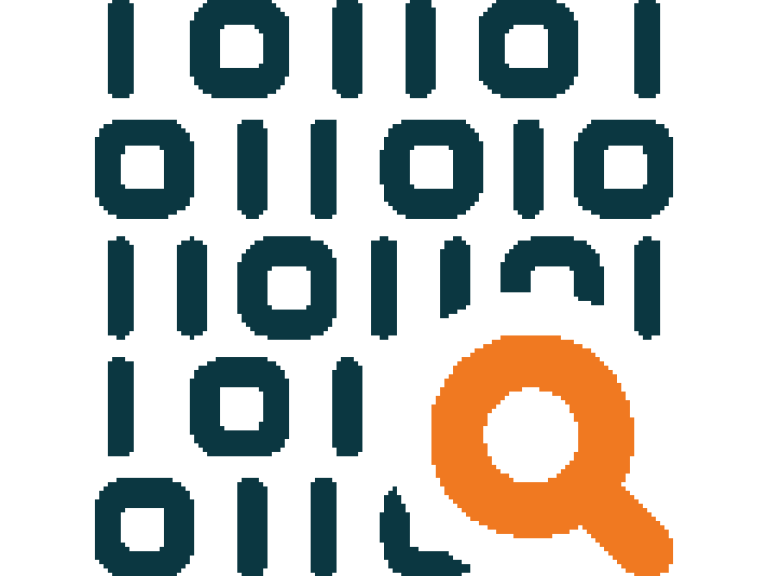Research data management

Various national and international laws, disciplinary standards and ethical guidelines are applicable to the proper handling and organization of research data. The GDPR sets out general rules on how to process health and other data for scientific research. Furthermore, funding organizations and publishers have set conditions for the proper management of data, with some requiring that data be made available with the publication, to the extent possible. The VSNU Code of Conduct for Research Integrity emphasizes the importance of proper data management and promotes the implementation of the FAIR data principles to make research data Findable, Accessible, Interoperable and Reusable. These standards apply to any kind of research (for example, clinical studies, laboratory studies or qualitative research).
For more practical information about sustainable care of research data, the NFU Data4lifesciences program has developed the Handbook for Adequate Natural Data Stewardship (HANDS), with guidelines on data stewardship for UMCs. Based on the HANDS guidelines, Amsterdam UMC has developed the SOP Research data management which is accessible via this link.
Data management plan
Research data management (RDM) starts with a data management plan (DMP), which is drawn up for each research project as part of the research protocol and is under the responsibility of the principal investigator. It sets out how research data will be dealt with during and after the project.
Issues covered by data management plan (DMP)
• The type or types of data that will be generated and collected.
• The data collection software that will be used.
• Methods of data processing and analysis, to ensure traceability and reproducibility.
• Archiving and sharing of the data after the research project.Content
The data management process should be well documented in the DMP in order to create a FAIR data set, which makes the study verifiable and reproducible. A template for the Amsterdam UMC DMP (compliant with ZonMW requirements) is available via this link. The DMP is stored in the study file, together with other study documents such as the code book, procedures or protocols for data collection, data validation plan, data protection impact assessment (DPIA, see under section 'data protection' of this chapter) and statistical analysis plan.
Open science and reuse
The international Open Science movement aims to implement a new approach to conducting research based on cooperative work and sharing of knowledge. In this context, research data can be made accessible for reuse by third parties after publication. Amsterdam UMC encourages the reuse of data for future research by other groups. This reuse may be either unconditional or subject to conditions covering data protection issues, fair agreements about publication, or intellectual property (see also Chapter 'Authorship' or Chapter 'Research collaboration agreements').
For more information (e.g. on research data capture tools, archiving and open data services) and support, including procedures and templates, see the Research data management department’s intranet pages at Amsterdam UMC. For contact, email the Research data management department.
Ownership and data protection
Ownership of data Data protection
Support
For further information, see the SOP Reuse of Data. The Research Roadmap contains numerous useful guidelines related to handling of research data. If you have questions or need advice, please contact the Research data management department, a legal officer of the Research Support Legal Research Support team, or the privacy- or data protection officer at Amsterdam UMC.
